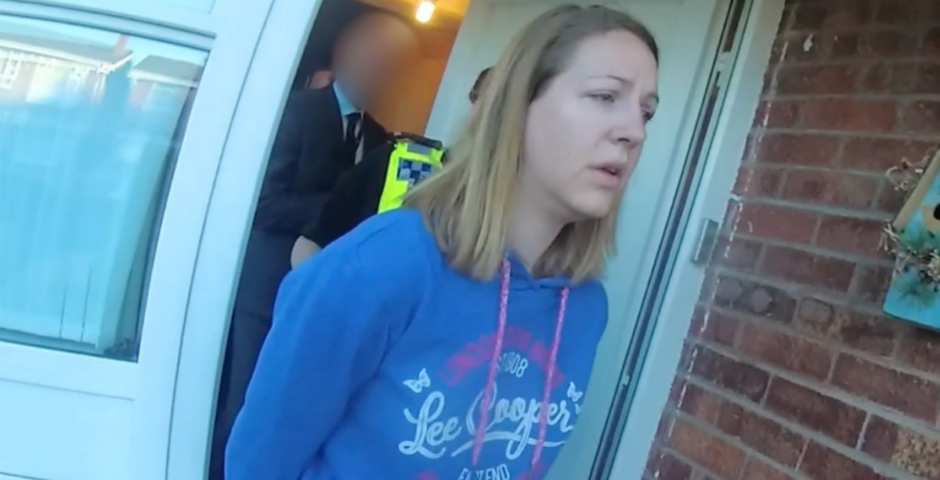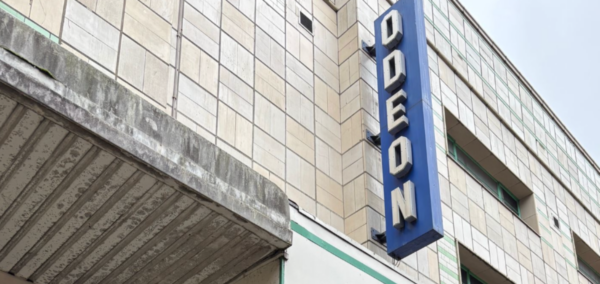
We’re listening but won’t actually implement any of your demands, Manchester tells students
Last week 97 per cent of students voted in support of Manchester Rent Strike’s demands
Last week’s Students’ Union referendum, which asked whether the wider student body supported the demands of Manchester Rent Strike, saw an impressive turnout of over 11,000 students. The results were resounding, as an overwhelming 97 per cent voted in solidarity with the strikers.
In response, the University of Manchester has wheeled out a member of senior management to try and respond to the anger of students. Chief operating officer, Patrick Hackett, addressed the students on Friday with a letter acknowledging the rent strikers for the first time. The letter claims the university is “listening to students” but, in its 1,369 words, it fails to offer any concessions to the strikers or introduce new policies to address the cost-of-living crisis.
Instead, the letter focuses on making UoM sound good. Hackett references the £170 payment that 40,000 students received at the end of 2022, and the additional £230 payment offered this February to students facing financial difficulty. He also mentioned how UoM provides free amenities on campus with microwaves, hot water points and showers available in buildings like Sam Alex and the SU.

Manchester Rent Strike flew this banner following their record turnout referendum win
“We have taken unprecedented, sector-leading action to support our students and we will continue to do so,” Hackett says.
One such measure Patrick points to is Manchester’s support fund for students facing financial hardship, which supposedly provides those in need with £2000 that “doesn’t need to be paid back”. Since The Manchester Tab began reporting on the rent strike movement in January, the university has repeatedly pointed to this measure.
Most Read
However, we revealed that a final year student, whose annual household income is below £25,000 and who works two part-time jobs at university, was offered just £300 from the fund. This begs the question as to just how bad a student’s situation needs to be for them to be granted the full amount?

‘We have taken unprecedented, sector-leading action’, Patrick Hackett tells students. via YouTube
Still, Hackett did concede the maintenance loan not rising in line with inflation is damaging to students, mentioning “Nancy Rothwell has been lobbying government ministers on the issue.”
This concern for students doesn’t last long though as Hackett proceeds to defend the extortionate cost of accommodation. He argues Manchester has some of the cheapest rent starting points of all UK universities and that ResLife’s provision of pastoral support and organisation of events makes the halls good value for money.
“We work hard to keep rents in halls as low as possible,” he said. “We will never pass on increases in energy or food prices in the year, and when we do increase prices we make sure the lowest increases are in the cheapest halls. This year the increase in these halls was 1.5 per cent.
“In contrast, some private providers in Manchester are making increases of up to 18 per cent, from a base that is already more expensive than ours.”
Despite ResLife’s indisputably thrilling movie nights, Manchester Rent Strike maintains the uni is not doing enough to justify the exorbitant rent prices charged to students. The cheapest hall, Oak House, has become the focal point of the rent strike campaign, as students share images to social media of rat-infested rooms with mould creeping up the walls. Even in these conditions, rent prices for Oak House have risen at a rate 40 per cent higher than inflation since 2004.

Importantly, the letter did inform students of “ongoing development” being made to university halls. £14 million has been allocated for full bedroom refurbishments at Dalton Ellis, £4 million will be dedicated to providing new kitchens and communal areas in Oak House, and £1.3 million will be spent on better CCTV and lighting around Fallowfield campus.
But, Hackett presents this development as if it’s a grand investment into making halls nicer places to live, rather than into desperately needed repairs simply to make flats habitable. He creates a trade off, arguing the university would have to sacrifice this spending if it were to pay the tens of millions demanded by the rent strikers.

The chief operating officer goes on to highlight the university’s intention to take disciplinary action against rent strikers who “illegally” occupied campus buildings.
He accuses students of damaging university property, disrupting teaching and injuring and intimidating staff. The university claims “several of our campus support and security colleagues were injured when on two separate occasions a group of students rushed the doors to force entry”. The rent strikers strongly deny this allegation.
The letter proudly asserts that Manchester University has sought to negotiate with these strikers through the Students’ Union, in contrast to other universities which would “take a hard line” on this type of protest. But, if memory serves, Robbie Beale is more likely to be found in a minion suit than N.E.T gear.
Unsurprisingly, Hackett doesn’t mention the “violent eviction” in his letter.

The letter concludes by letting students know Manchester University is not run for profit.
Hackett says: “Everyone who works at the University cares deeply about our students and their wellbeing. I hope that some of the actions we’ve outlined above have evidenced that, and we think of students first in all of our decisions.
“The balance we have struck is to fund a sector-leading package which we know is genuinely needed, while investing in essential services and targeted support. We’ll also continue to talk to our Students’ Union and use our influence to lobby on the national issues which are at the heart of the current cost of living problem.”
Featured image credit before edits via @uomrentstrike.
Related stories recommended by this writer:
• University of Manchester uses bailiffs to evict rent strikers from the Simon building in 5am raid
• Manchester University takes students to High Court over occupation of Simon building
















